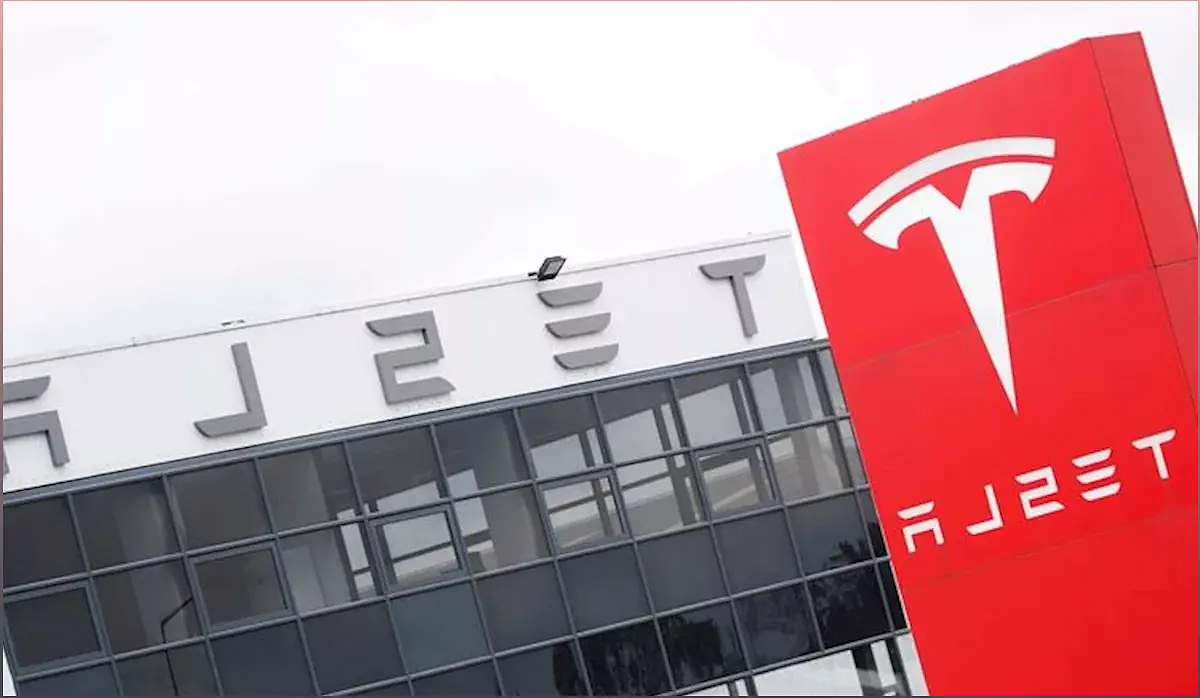In a significant legal victory, Tesla has been cleared of any manufacturing defect in its Autopilot driver assistant feature. The trial, which took place in a California state court, involved a 2019 crash that resulted in a fatality. The plaintiffs alleged that Autopilot was defective and contributed to the accident, while Tesla maintained that human error was to blame. Let's delve into the details of the case and its implications for the electric vehicle maker.
The Autopilot Trial: A Legal Victory for Tesla
Tesla emerges victorious in the first U.S. trial over allegations of Autopilot's involvement in a fatal crash.
In a closely watched trial, Tesla has successfully defended itself against allegations that its Autopilot system was responsible for a fatal crash. The jury found no manufacturing defect in the Autopilot feature, dealing a blow to the plaintiffs who claimed that the system was defective. This verdict is a significant win for Tesla and its Autopilot technology.
Despite the tragic outcome of the 2019 crash, the jury concluded that human error, rather than a flaw in Autopilot, was the primary cause. This ruling reaffirms Tesla's position that Autopilot is a driver-assistance feature that requires the driver's full attention and responsibility.
The Allegations and Tesla's Defense
The plaintiffs accused Tesla of knowing about Autopilot's defects, while Tesla argued that human error caused the crash.
The civil lawsuit filed against Tesla alleged that the company was aware of defects in its Autopilot system when it sold the car involved in the crash. The plaintiffs claimed that Autopilot caused the vehicle to veer off the highway, resulting in the fatal accident.
Tesla, on the other hand, vehemently denied any liability and argued that the crash was caused by human error. The company contended that the driver had consumed alcohol before getting behind the wheel and that it was unclear whether Autopilot was engaged at the time of the accident.
By successfully refuting the allegations and convincing the jury that human error was to blame, Tesla has strengthened its defense of the Autopilot system and its commitment to driver safety.
Implications for Tesla and Autopilot Technology
The trial outcome has significant implications for Tesla's future and the development of autonomous driving technology.
For Tesla, the trial's outcome is a major victory that could help boost consumer confidence in the Autopilot system. The ruling affirms Tesla's assertion that Autopilot is not a fully autonomous driving system but a driver-assistance feature that requires human supervision.
Furthermore, the trial underscores the importance of responsible use of autonomous driving technology. It serves as a reminder that drivers must remain attentive and ready to take control of the vehicle at all times, even when using advanced driver-assistance features like Autopilot.
In the broader context of autonomous driving technology, the trial outcome could impact the regulatory and legal landscape. As companies continue to develop and refine autonomous systems, cases like this one will shape the industry's approach to safety standards and liability.
Conclusion
In the highly publicized trial, Tesla has emerged victorious, with the jury finding no manufacturing defect in its Autopilot system. This verdict reinforces Tesla's position that Autopilot is a driver-assistance feature that requires the driver's full attention and responsibility. The outcome of this trial has significant implications for Tesla's future and the development of autonomous driving technology as a whole.
FQA
What was the outcome of the trial?
Tesla was cleared of any manufacturing defect in its Autopilot system.
What were the allegations against Tesla?
The plaintiffs accused Tesla of knowing about defects in Autopilot when selling the car involved in the crash.
What was Tesla's defense?
Tesla argued that human error, not Autopilot, caused the crash.
What are the implications of the trial outcome?
The trial outcome could boost consumer confidence in Autopilot and shape the regulatory and legal landscape for autonomous driving technology.

